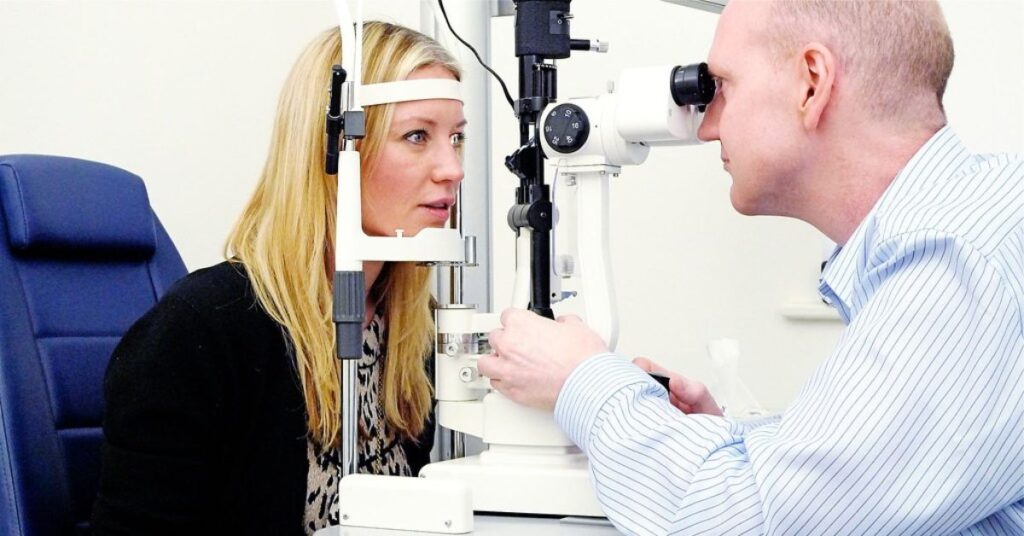Laser eye surgery has become a popular solution for people looking to reduce or eliminate their dependence on glasses or contact lenses. But how exactly does this advanced procedure improve vision? Laser eye surgery works by reshaping the cornea—the transparent front part of the eye—to allow light to properly focus on the retina. This simple yet precise correction can dramatically improve eyesight in individuals with refractive errors such as nearsightedness, farsightedness, and astigmatism.
What Is Laser Eye Surgery?
Laser eye surgery refers to procedures like LASIK, PRK, and SMILE that use laser technology to correct the shape of the cornea. The cornea plays a key role in focusing light onto the retina. If the shape is irregular, it leads to blurry vision. By gently reshaping the cornea with a laser, the eye can focus light more accurately, improving clarity.
Conditions It Can Correct
Laser eye surgery is most commonly used to treat the following conditions:
- Nearsightedness (Myopia): Difficulty seeing distant objects clearly
- Farsightedness (Hyperopia): Difficulty focusing on close-up tasks
- Astigmatism: Blurred vision caused by an unevenly curved cornea
By correcting these issues, patients often experience sharp, clear vision without the need for corrective lenses.
How the Procedure Works
In LASIK, a thin flap is created on the cornea, lifted, and the underlying tissue is reshaped using an excimer laser. The flap is then replaced. In PRK, the surface layer of the cornea is removed before reshaping, and it grows back naturally. SMILE involves a small incision and the removal of a tiny disc of corneal tissue. Each method has a slightly different approach but aims for the same result—improved focus and vision.
Fast Recovery and Lasting Results
Most patients notice improved vision within 24 to 48 hours after LASIK. PRK may take a bit longer to heal, but the results are just as effective. Many people achieve 20/20 vision or better and enjoy long-term benefits. Follow-up care and eye protection are essential to maintain results.
Reduced Dependence on Glasses
One of the biggest benefits of laser eye surgery is the freedom it offers from glasses or contact lenses. Many people no longer need corrective lenses at all, while others may only need reading glasses as they age.
Safe and Proven Technology
Modern laser eye surgery is considered very safe, with high success rates and minimal risks when performed by experienced professionals. The technology is precise, and complications are rare. Pre-surgery screening helps ensure only suitable candidates undergo the procedure.
Conclusion
Laser eye surgery improves vision by permanently reshaping the cornea to correct how light enters the eye. It’s a highly effective treatment for common vision problems like myopia, hyperopia, and astigmatism. With quick recovery, lasting results, and reduced reliance on glasses, it’s no surprise that millions have chosen this life-changing procedure. If you’re considering it, consult with an eye specialist to find out if laser surgery is right for you.

